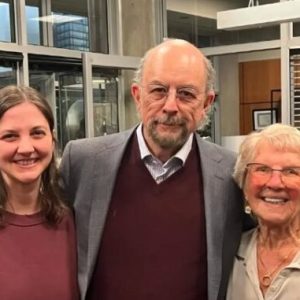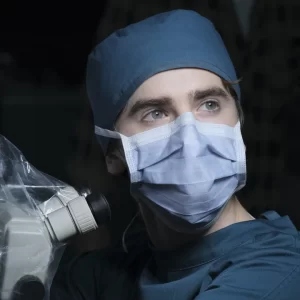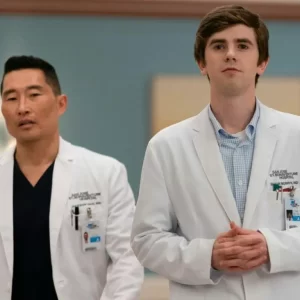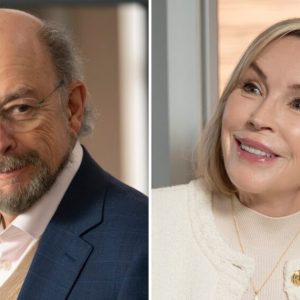Awards in television often spark debate. Viewers, critics, and industry insiders argue over who deserves recognition, who has been overlooked, and which performances define a generation of storytelling. Yet in the case of Freddie Highmore’s portrayal of Dr. Shaun Murphy on ABC’s The Good Doctor, the argument feels refreshingly clear. Since 2017, Highmore has delivered a nuanced, deeply human, and transformative performance that not only anchors the series but also elevates the conversation around representation in entertainment. After more than 100 episodes of consistently brilliant work, it is fair to ask: why hasn’t Freddie Highmore already won an Emmy?
At the center of The Good Doctor is Shaun Murphy, a young surgeon with autism and savant syndrome. The character is more than just a medical professional; he is an individual navigating social challenges, workplace skepticism, and personal relationships, all while carrying the immense pressure of saving lives.
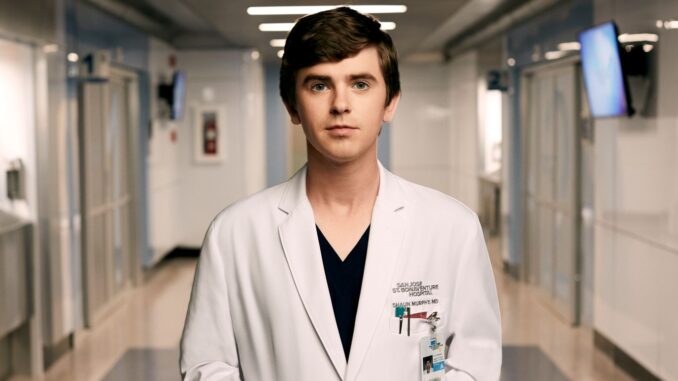
Highmore steps into this role with remarkable sensitivity. Unlike many medical dramas that focus purely on fast-paced emergencies, The Good Doctor is often about perspective—how Shaun sees the world differently, how he interprets language literally, and how his sensory experiences shape both his strengths and his struggles.
This complexity could easily be mishandled in less capable hands. Yet Highmore’s commitment to authenticity ensures that Shaun never feels like a stereotype. Instead, he emerges as a layered character whose quirks, intelligence, and vulnerabilities make him one of the most memorable television protagonists of the last decade.
Portraying autism on screen is not simply a matter of memorizing traits or behaviors. It requires empathy, research, and collaboration with those who live the experience every day. Highmore has worked closely with consultants and advocates to ensure that Shaun’s character reflects reality rather than media tropes.

From Shaun’s cadence of speech to his meticulous attention to detail, every choice Highmore makes feels intentional. His ability to convey both the brilliance and the fragility of Shaun’s mind creates a character who is both inspiring and relatable. This authenticity has resonated not only with general audiences but also with members of the autistic community, many of whom have praised the performance for its respectfulness and depth.
Television is a marathon, not a sprint. Film actors may deliver a powerful performance in two hours, but television actors must sustain character authenticity across years of storytelling. Highmore has done this with remarkable consistency. Even as storylines shift and new characters enter the hospital, Shaun’s identity remains anchored by Highmore’s disciplined performance. He never “breaks” character, never falls into self-parody, and never treats Shaun’s mannerisms as a gimmick. Instead, he continually deepens the portrayal, finding fresh nuances in how Shaun interacts with colleagues, patients, and loved ones. This long-term commitment is precisely what makes his Emmy omission so glaring. Few actors manage to sustain this level of excellence for so long, yet Highmore has done so with grace and precision. Beyond ratings success, The Good Doctor has made a significant cultural impact. It has sparked conversations about inclusivity in workplaces, the challenges faced by people on the autism spectrum, and the importance of empathy in medicine.
Highmore’s performance is the heartbeat of this impact. Without his sincerity, the show could have risked becoming another formulaic hospital drama. Instead, it has carved out a distinctive space in television history. Critics have often praised Highmore’s acting as “captivating,” “transformative,” and “career-defining,” yet industry awards have lagged behind public opinion.
An Emmy would not just honor Highmore’s talent; it would recognize the cultural weight of his contribution to shifting how audiences perceive neurodiversity. Part of what makes Highmore’s work as Shaun so remarkable is the contrast with his earlier roles. Before The Good Doctor, he gained acclaim as Norman Bates in Bates Motel, where he delivered a chilling yet sympathetic take on one of cinema’s most infamous characters. Going further back, he charmed audiences worldwide as a child actor in Finding Neverland and Charlie and the Chocolate Factory.

This versatility demonstrates a range that few actors achieve. From troubled antihero to gentle dreamer to groundbreaking television doctor, Highmore has repeatedly proven his ability to inhabit vastly different characters with equal believability. The Emmy Awards often celebrate range and transformation, and Highmore’s career offers both in abundance. Ultimately, awards matter because they shine a spotlight on performances that move audiences and advance the art of storytelling. Highmore’s Shaun Murphy does both. He moves viewers to tears, laughter, and reflection, while also challenging long-standing media portrayals of autism.
In many ways, awarding Highmore an Emmy would not just be recognition of his craft; it would be recognition of the importance of telling diverse stories responsibly. It would acknowledge that television can be both entertaining and socially meaningful, and that actors who embrace this responsibility deserve to be celebrated. As The Good Doctor continues its run, Freddie Highmore remains at the center, carrying the weight of a character who has touched millions of lives. His work is not flashy for the sake of awards, nor manipulative in its emotional beats. It is grounded, layered, and profoundly human.
The Emmys, at their best, honor performances that stand the test of time. Highmore’s portrayal of Dr. Shaun Murphy is one such performance. It has redefined what a medical drama can be, broadened the scope of representation on television, and showcased an actor at the height of his abilities.
